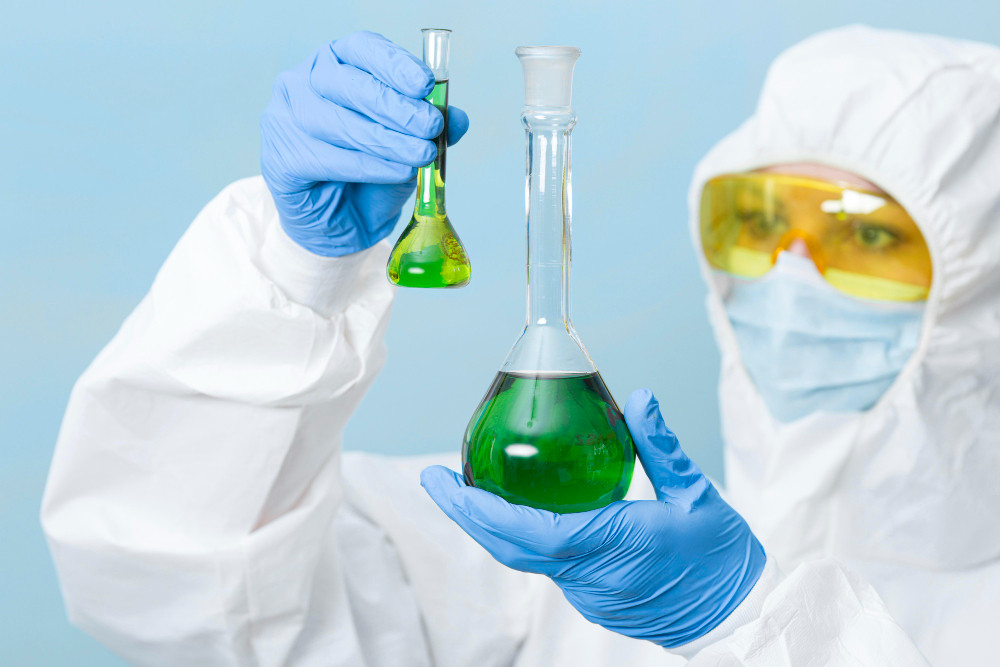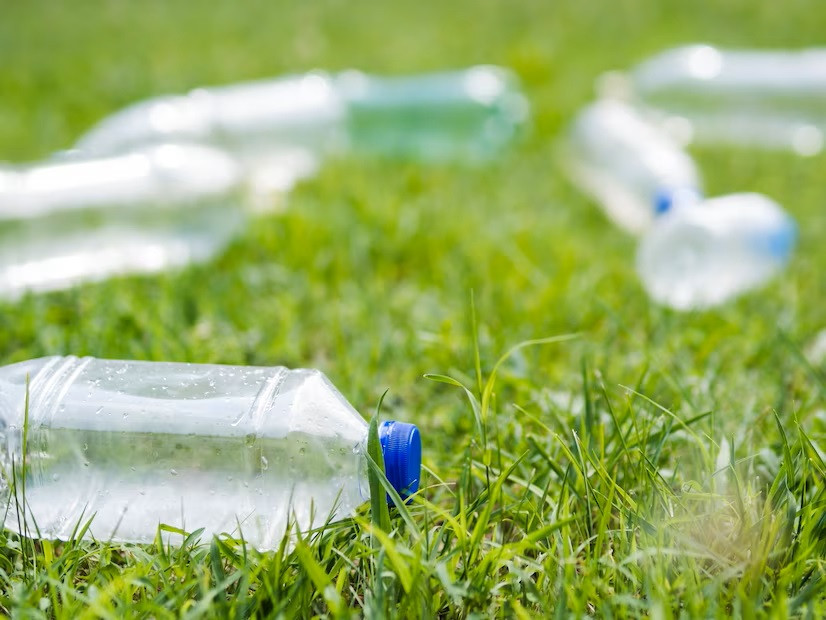Cyanide is one of the most toxic compounds in the human body. In everyday life, it is widely used to get rid of pests and insects. Exposure to cyanide can be deadly, and it is often used as a weapon of war. So, what if someone is exposed to cyanide poison? Check out the following handling review.
What is Cyanide?
According to Medical News Today, cyanide refers to any compound that contains a carbon-nitrogen (CN) bond in its structure. Cyanide is a fast-acting lethal chemical and is known as a poison.
Cyanide poison can exist as a colorless gas, such as cyanogen chloride (CNCl) or hydrogen cyanide (HCN). Cyanide can also be crystalline, such as potassium cyanide (KCN) or sodium cyanide (NaCN).
Since World War I, cyanide has been known as a poison and chemical weapon. Today, cyanide is widely used to eliminate pests and insects. Exposure to high levels of cyanide can lead to cyanide poisoning, including in the case of fires. It is known that about 35% of fire victims have toxic levels of cyanide in their blood.
Read more: Gejala Keracunan Bakteri Bacillus Cereus
Cyanide Poisoning Symptoms and Complications
Cyanide poisoning in humans works very quickly and can endanger lives.Some of the symptoms of someone being exposed to cyanide poison are generally similar to the symptoms of poisoning in general, namely:
- Overall weakness of the body
- Nausea
- Confusion
- Headache
- Difficulty breathing
- Seizures
- Loss of consciousness
- Heart failure
The symptoms of poisoning that appear also depend on the dose, type and how long a person is exposed to cyanide. People exposed to moderate amounts of cyanide poisoning can experience acute and life-threatening cyanide poisoning, while people exposed to smaller amounts of cyanide can experience chronic cyanide poisoning.
In chronic cyanide poisoning that is not treated promptly, it can lead to complications such as:
- Irregular heartbeat
- Decrease in temperature
- Lips turning blue
- Coma
- Death
If you suspect that someone near you has been exposed to cyanide poisoning, you should immediately call for medical help.
Read more: Cara Menurunkan Risiko Keracunan Makanan
Cyanide Poisoning Treatment
Cyanide poisoning is a medical emergency. If you suspect someone has cyanide poisoning, you should immediately contact the emergency room for help. The sooner cyanide poisoning is treated, the better the chances of recovery.
While waiting for medical assistance to arrive, you can perform first aid on a victim suspected of cyanide poisoning in the following ways:
- Keep the victim away from the contaminated area. If the source of exposure is unclear, you should take the victim to a place with good air circulation. If the victim was exposed through the use of insecticides, it is best to keep the victim away from the poison.
- Use personal protective equipment. If the victim is exposed to cyanide poison from the fire, you should use personal protective equipment such as a face mask, eye protection, and double gloves to save the victim.
- Remove items that may be contaminated. If the victim is suspected of inhaling cyanide poison from insect repellent, it is best to remove clothing or other items that may be contaminated with the poison.
- Wash victim's skin with soap and water
If the victim has consumed cyanide, doctors may administer activated charcoal to help absorb the poison and remove it from the body. Cyanide poisoning can also affect oxygen intake, so doctors may administer oxygen support via a mask or endotracheal tube.
In severe cases, doctors may also administer antidotes such as cyanide antidotes consisting of amyl nitrite, sodium nitrite, sodium thiosulfate, or hydroxocobalamin.
Cyanide poisoning requires immediate attention, as it can be life-threatening. If you have questions about handling poisoning, you should consult a doctor or consult using the consultation application available on the Ai Care application.
Looking for more tips and information regarding health, first aid, and home remedies? Click here!
- dr. Monica Salim
Citroner, G. (2018). What Is Cyanide Poisoning?. Available from: https://www.healthline.com/health/cyanide-poisoning
Cunha. J. Cyanide Poisoning. Available from: https://www.emedicinehealth.com/cyanide_poisoning/article_em.htm#when_to_seek_medical_care_for_cyanide_poisoning
CDC. Cyanide: Cyanide: Exposure, Decontamination, Treatment. Available from: https://www.cdc.gov/chemicalemergencies/factsheets/cyanide.html
Bhowmik, S. (2023). What to know about cyanide poisoning. Available from: https://www.medicalnewstoday.com/articles/cyanide-poisoning#
Kementerian Kesehatan. Bahaya Keracunan Sianida. Available from: https://yankes.kemkes.go.id/view_artikel/2587/bahaya-keracunan-sianida











